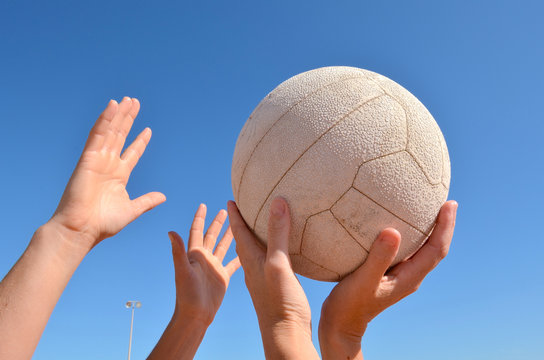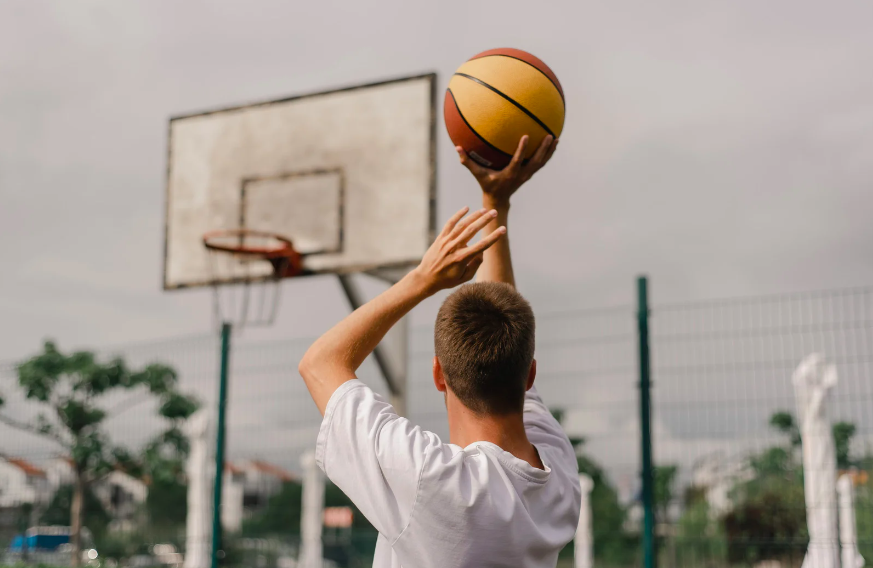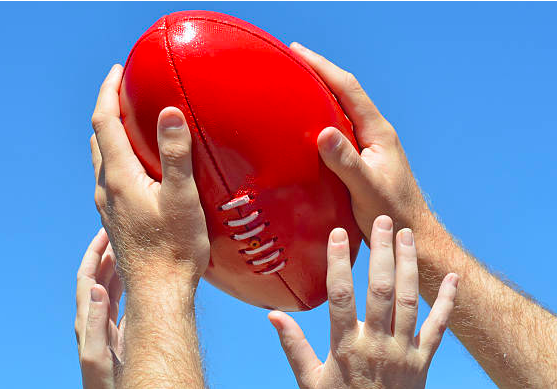


Finger fractures commonly occur as a result of a sporting injury, especially ball sports. Finger fractures can be simple to treat, or very complex requiring surgical correction and long term rehabilitation. There are a number of potential complications following a hand or finger fracture including;
- Pain,
- Stiffness,
- Prolonged swelling,
- Rotation of the finger,
- Loss of grip strength.
Types of fractures commonly sustained in the Hand:
Boxers fracture
A Boxer’s Fracture is a fracture that commonly occurs with a “punch”. It involves the long bones in the hand (metacarpals) usually the 4th and 5th metacarpals. Complications include angulation (when the bone heals in the wrong position) and causes the affected finger to rotate and scissor under the adjacent finger. This causes serious long-term functional limitations. These fractures need to be properly immobilized in a custom brace for 4 weeks. Your Hand Therapist will fabricate a fracture brace that best suits your type of fracture. Unlike a plaster a custom fracture brace can be tailored to allow the uninvolved joints to move freely.
Finger Fractures
Finger Fracture’s involving the small bones (Phalanges) of the hand commonly cause rapid joint stiffness that can take many months to recover. Often these fractures are associated with a joint dislocation (such as during a contact sport). The associated soft tissue injury is slow to recover.
Very often on the playing field dislocated fingers are reduced at the time of injury without proper assessment. This can cause more damage by displacing a fracture further. It is always worth obtaining an x-ray following these injuries even if they don’t appear overly painful at the time. Delayed treatment may limit your chance of correct healing and necessitate surgical correction. Always bring x-rays to your consultation with the Hand Therapist.
A custom thermoplastic brace will be made by your Hand Therapist for immobiisation and may also be used to allow to return to activities including sport, in some cases. These braces can be removed for hygiene once a day and can be worn in water as long as they are removed and dried after.
Interested to know more about common sporting injuries?? Check out this podcast from our very own Hand Therapist Sam, who speaks about volar plate injuries, which are a common hyperextension injury that occurs to the fingers.